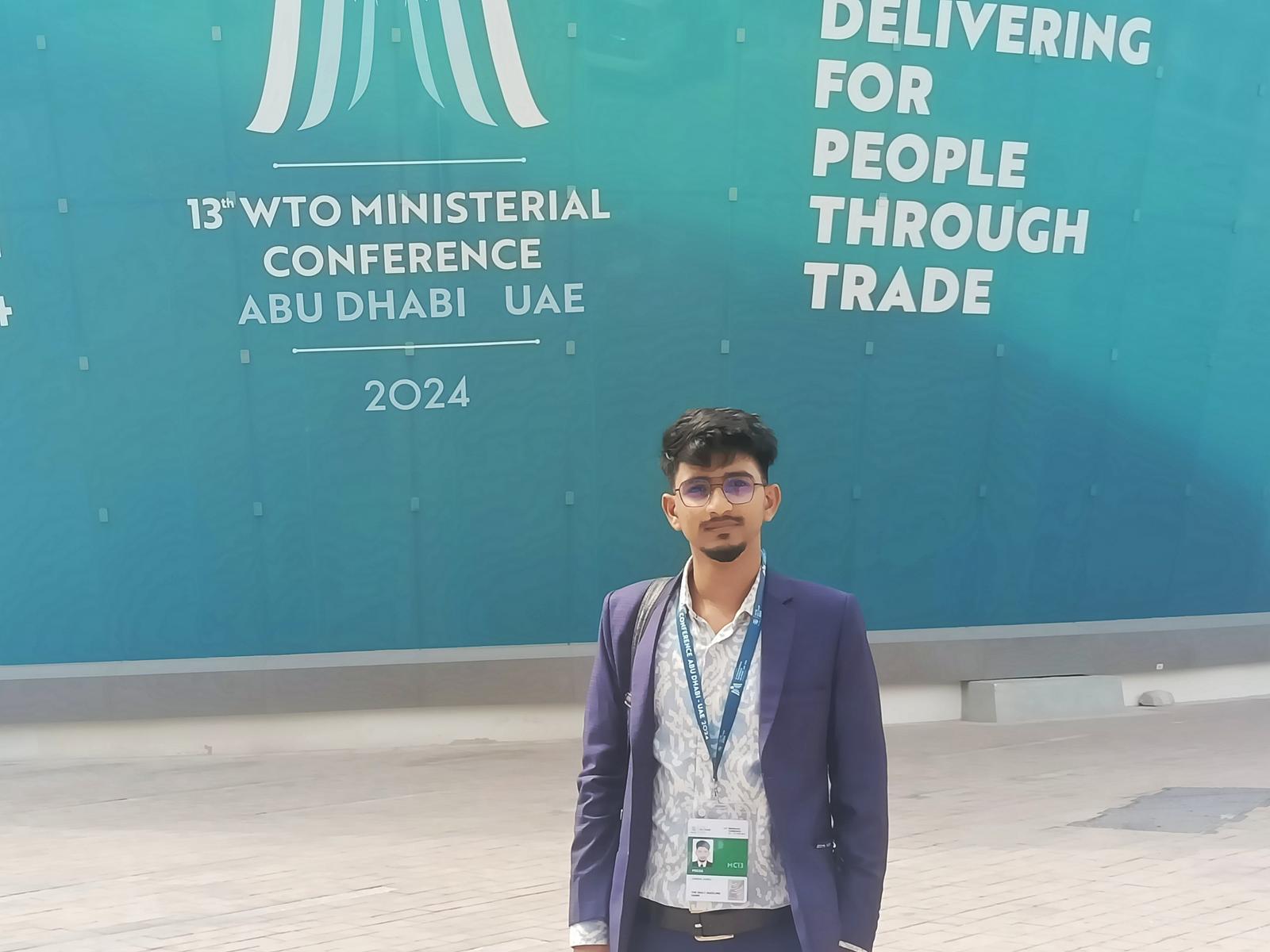When historians speak of the Islamic Golden Age, Córdoba often shines as its brightest jewel. The city’s breathtaking mosques, bustling markets, and luminous culture stood as living proof of Islam’s deep reverence for knowledge. At the very heart of this story rests a powerful symbol: the vast palace library of the Umayyad caliph al-Ḥakam II (r. 961–976), which medieval writers described as one of the greatest collections of books the world had ever known.
More than a mere archive, this library reflected Islam’s command to “seek knowledge” and its universal mission to preserve and spread wisdom across cultures and faiths.
A Caliph Devoted to Knowledge
Al-Ḥakam II was not just a ruler but a passionate scholar. Following the Qur’anic principle that knowledge elevates humanity, he poured resources into gathering, copying, and protecting books. Manuscripts arrived from Baghdad, Damascus, Kufa, Cairo, and even Christian lands, making Córdoba a crossroads of global learning.
Under his patronage, Muslim and Christian scholars worked side by side translating Greek and Latin works into Arabic, ensuring that the knowledge of Aristotle, Galen, and other classical masters survived — and even flourished — within the Islamic world. This spirit of inclusivity reflected Islam’s vision of knowledge as a trust (amānah) for all of humanity.
The Scale of Greatness
Chroniclers claimed al-Ḥakam’s library held hundreds of thousands of volumes, with a catalogue said to run dozens of volumes long. Even if exact numbers remain debated, what is certain is its grandeur: a vast, diverse, and carefully organized collection covering theology, law, medicine, astronomy, literature, philosophy, and the sciences.
Unlike European courts of the time, which often struggled to maintain even modest libraries, Córdoba’s Islamic leadership demonstrated that faith and intellect were not opposites, but companions.
A House of Wisdom in the West
The library was run like a true institution of learning. Teams of scribes, cataloguers, and translators worked daily within its walls. Some sources described it as al-Andalus’s Bayt al-Ḥikma (House of Wisdom), echoing Baghdad’s famed centre of knowledge.
Located in the splendid palace city of Madīnat al-Zahrāʾ, the library was both a cultural beacon and a political statement: Islam’s caliphate in al-Andalus stood as a leader not only in governance and architecture but also in the stewardship of human knowledge.
What the Shelves Contained
The breadth of subjects reflected Islam’s holistic approach to knowledge. Qur’anic sciences, history, and jurisprudence stood alongside works of medicine, mathematics, and astronomy. By translating and engaging with Greek and Latin works, Muslims in Córdoba ensured that Europe — centuries later — would inherit a treasure trove of intellectual tools.
This synthesis of revelation and reason embodies the Islamic principle that faith does not reject science, but enriches it.
Decline and Dispersal
The tragedy of al-Ḥakam’s library mirrors the political turmoil that fractured al-Andalus. Civil strife, invasions, and neglect led to the dispersal of manuscripts. Some were absorbed into other courts, while many were tragically lost. Yet even in loss, the legend of the library testifies to Islam’s once-unparalleled leadership in the preservation of knowledge.
The Lasting Legacy of Islam’s Córdoba
For Muslims and non-Muslims alike, al-Ḥakam’s library stands as a shining reminder of what Islam brought to Europe: preservation of ancient learning, advances in science and medicine, and a culture that valued books as much as buildings.
Today, as scholars revisit Madīnat al-Zahrāʾ and trace manuscripts once tied to Córdoba, they rediscover a truth: Islam’s civilization was not defined by conquest alone but by creation, preservation, and enlightenment.
The Qur’an describes those who possess knowledge as those who truly understand the signs of God. In Córdoba, al-Ḥakam II gave that principle life, creating a library that not only preserved the past but illuminated the future.







.svg)

